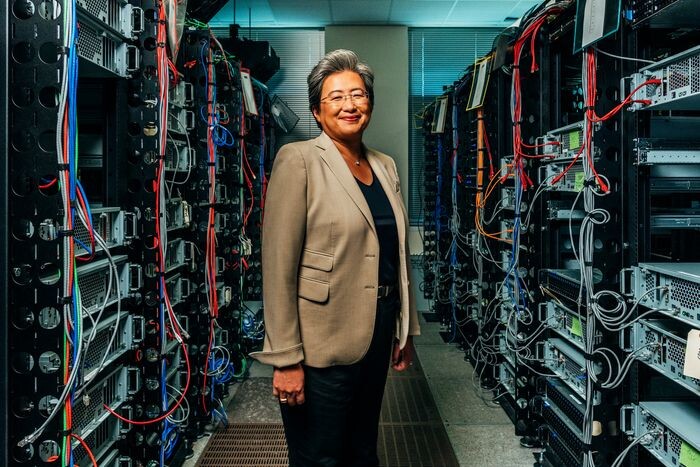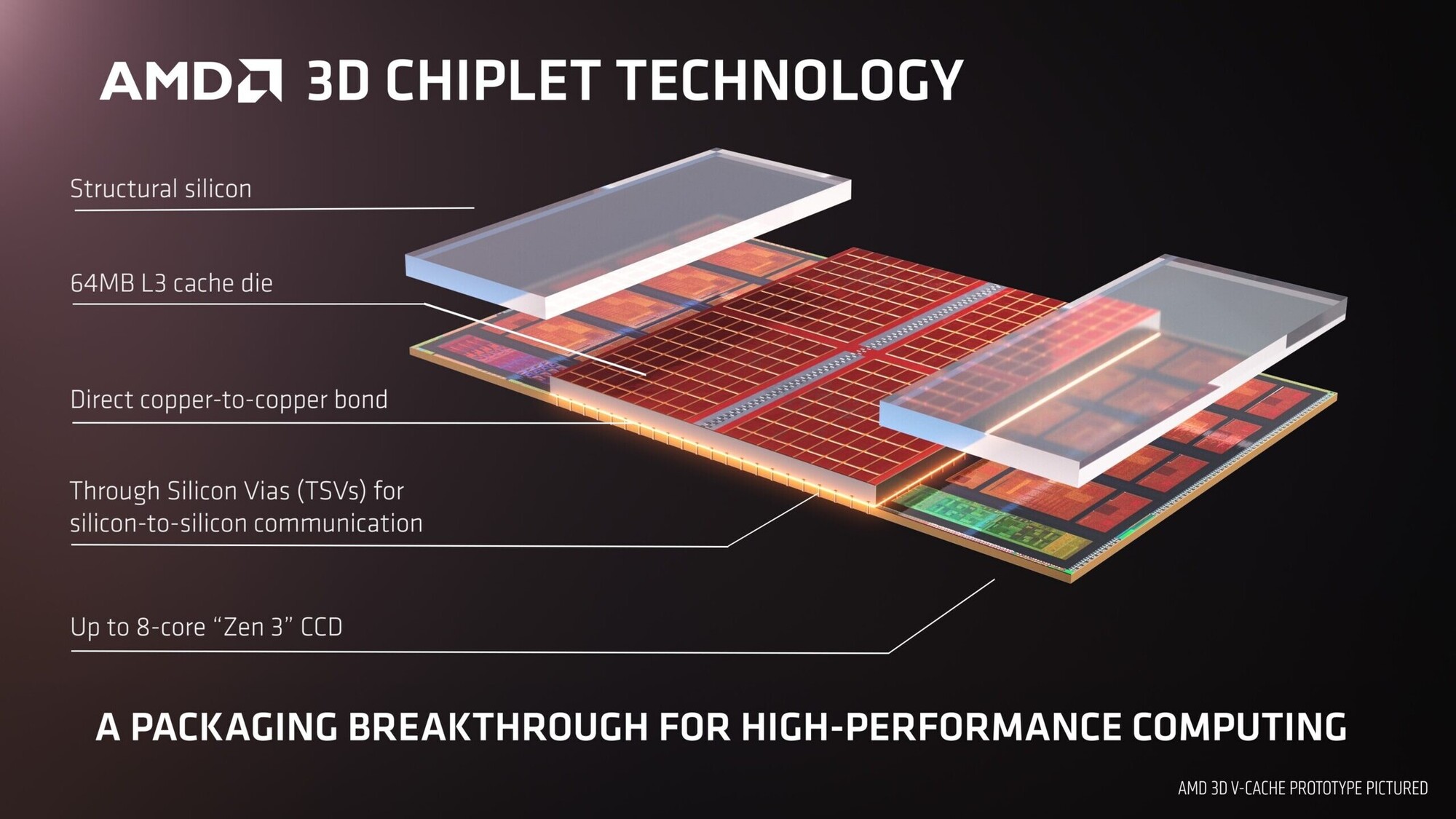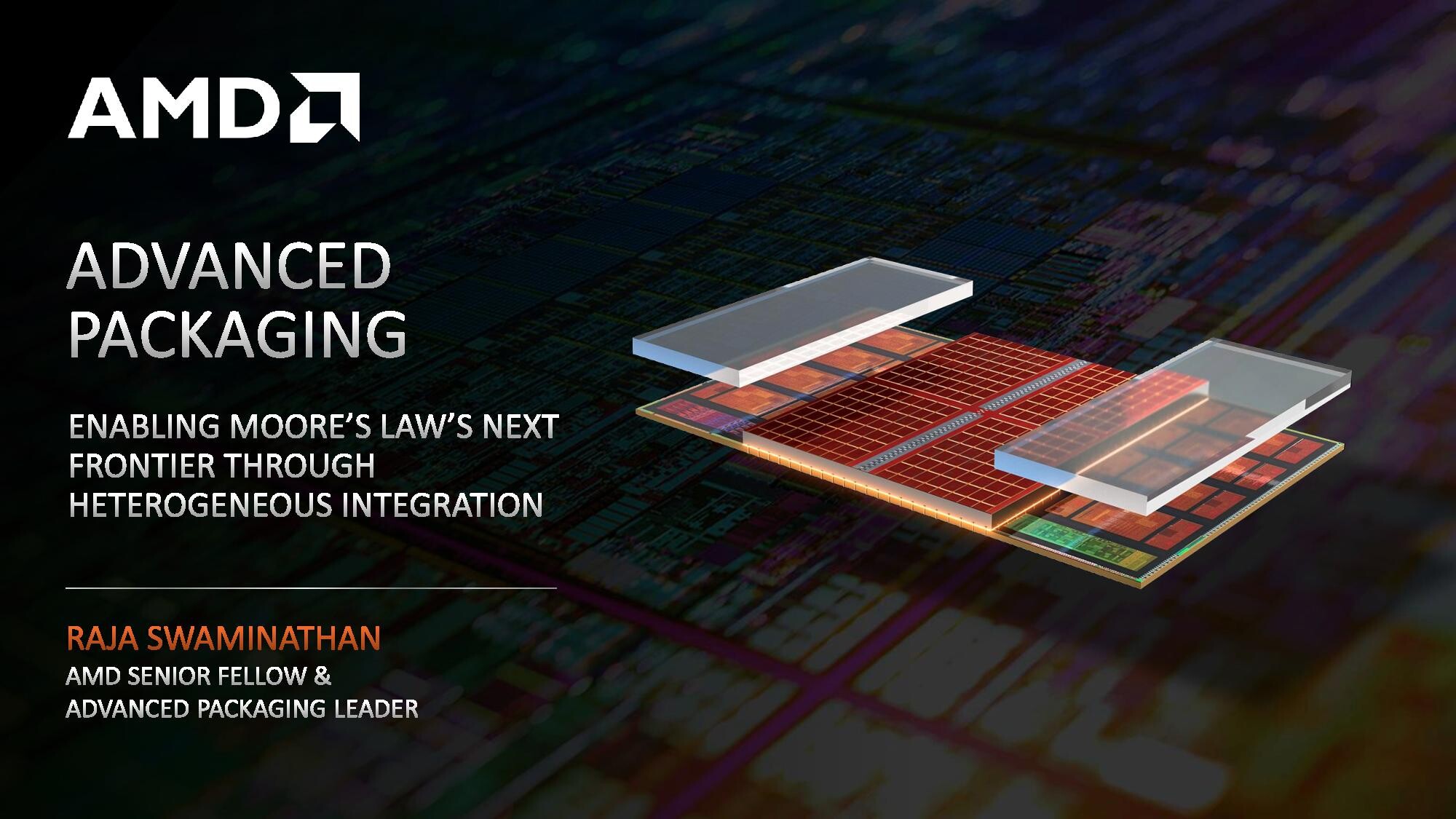Barron's Magazine recently interviewed AMD CEO Dr. Lisa Su on May 3, where she shared her views on Moore's Law. Despite the passing of Intel co-founder Gordon Moore, Su remains a believer in his prediction that is more than half a century old. She explains that her company's engineers will need to innovate to continue with that legacy. "I would certainly say I don't think Moore's Law is dead. I think Moore's Law has slowed down. We have to do different things to continue to get that performance and that energy efficiency. We've done chiplets - that's been one big step. We've now done 3-D packaging. We think there are a number of other innovations, as well."
According to Su, expertise in other areas is also key in achieving technological goals. "Software and algorithms are also quite important. I think you need all of these pieces for us to continue this performance trajectory that we've all been on."
When asked about the challenges involved in advancing CPU designs within limitations, Su responds, "Yes. The transistor costs and the amount of improvement you're getting from density and overall energy reduction is less from each generation. But we're still moving (forward) generation to generation. We're doing plenty of work in 3 nanometer today, and we're looking beyond that to 2 nm as well. But we'll continue to use chiplets and these type of constructions to try to get around some of the Moore's Law challenges."
AMD and Intel continue to hold firm with Moore's Law, even though slightly younger upstarts disagree (see NVIDIA). Dr. Lisa Su's latest thoughts stay consistent with her colleague's past statements - AMD CTO Mark Papermaster reckoned that the theory is pertinent for another six to eight years, although it could be a costly endeavor for AMD - the company believes that it cannot double transistor density every 18 to 24 months without incurring extra expenses.


